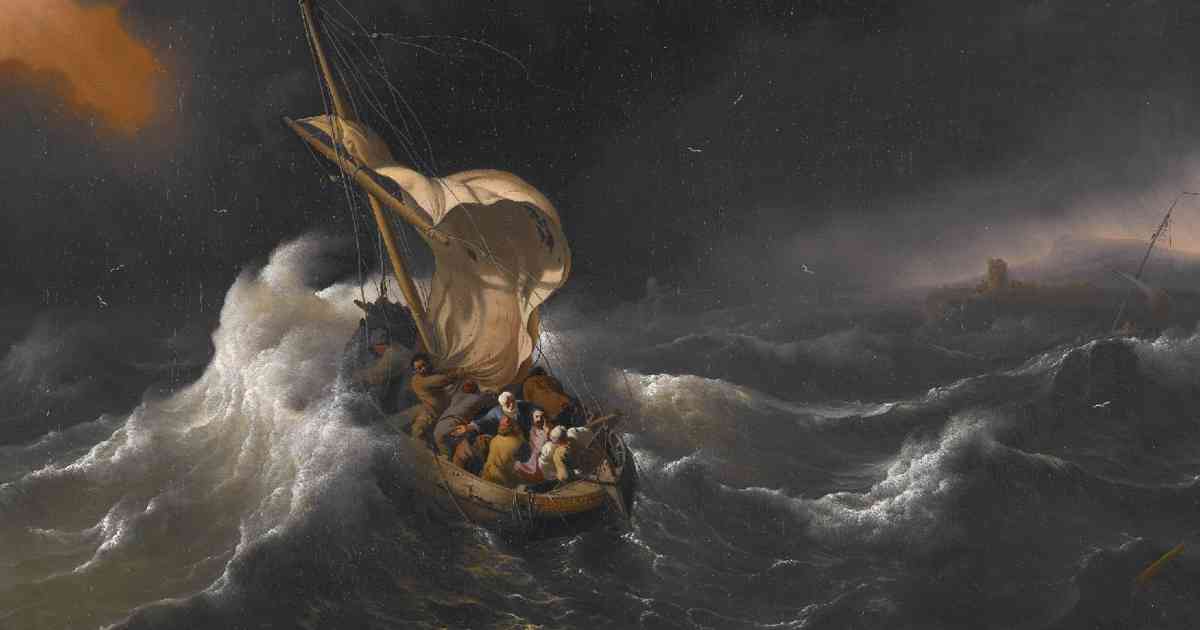Psychologist Barry Schwartz, in his insightful book The Paradox of Choice, reveals a powerful truth: endless freedom does not lead to endless happiness. Schwartz carefully demonstrates that while freedom to choose seems like the ultimate source of satisfaction, too many choices often lead to anxiety, regret, and dissatisfaction. We stand paralyzed in supermarket aisles, endlessly analyzing cereal boxes; we wrestle with decisions about careers, relationships, even faith—because the endless possibilities terrify us more than they liberate us. Schwartz shows how modern society’s obsession with unlimited choice creates profound anxiety, emptiness, and despair. Ironically, what we thought would set us free instead leaves us bound, chasing elusive satisfaction from endless, exhausting decisions.
But Scripture offers us a radically different vision of freedom—a vision beautifully captured in the very creation of humanity. In Genesis, we see God, utterly free Himself, creating humankind in His image—free beings with the capacity for exploration, creativity, and meaningful work. God planted humanity in a lush garden, a space ripe with possibilities and promise. Adam and Eve were free to cultivate, explore, and fully experience the abundance around them.
Yet, crucially, this freedom was never boundless. It was purposeful, grounded in responsibility: humanity was placed in the garden “to work it and take care of it” (Genesis 2:15). God established boundaries—clear guidelines about their freedom’s limits, symbolized in a single prohibition: “You must not eat from the tree of the knowledge of good and evil” (Genesis 2:17). The Bible’s very first story reveals a profound truth: true freedom isn’t infinite choice, but living fully within God’s loving boundaries.
Why does this matter today, on July 4, as we celebrate independence and freedom? Because our cultural notion of freedom as limitless self-indulgence traps us, just as Schwartz discovered, in anxiety and emptiness. Biblical freedom, by contrast, is purpose-driven, relational, and secure. It liberates us by limiting us, freeing us to flourish in the rich soil of God’s guidance.
As Americans, we often equate freedom with endless personal options—thinking more choices mean more happiness. But the paradox of choice teaches us differently, as does Scripture’s creation story. True freedom is the joyful acceptance of God-given limits, the embrace of purpose and responsibility. When we trust God’s wisdom, our anxiety fades, and freedom becomes deeply meaningful.
So today, let’s redefine freedom. Not as endless choice, but as a willing embrace of God’s good boundaries and purpose. After all, in Christ, we discover a freedom far richer than endless options—a freedom rooted in trust, purpose, and love, a freedom truly worth celebrating.


